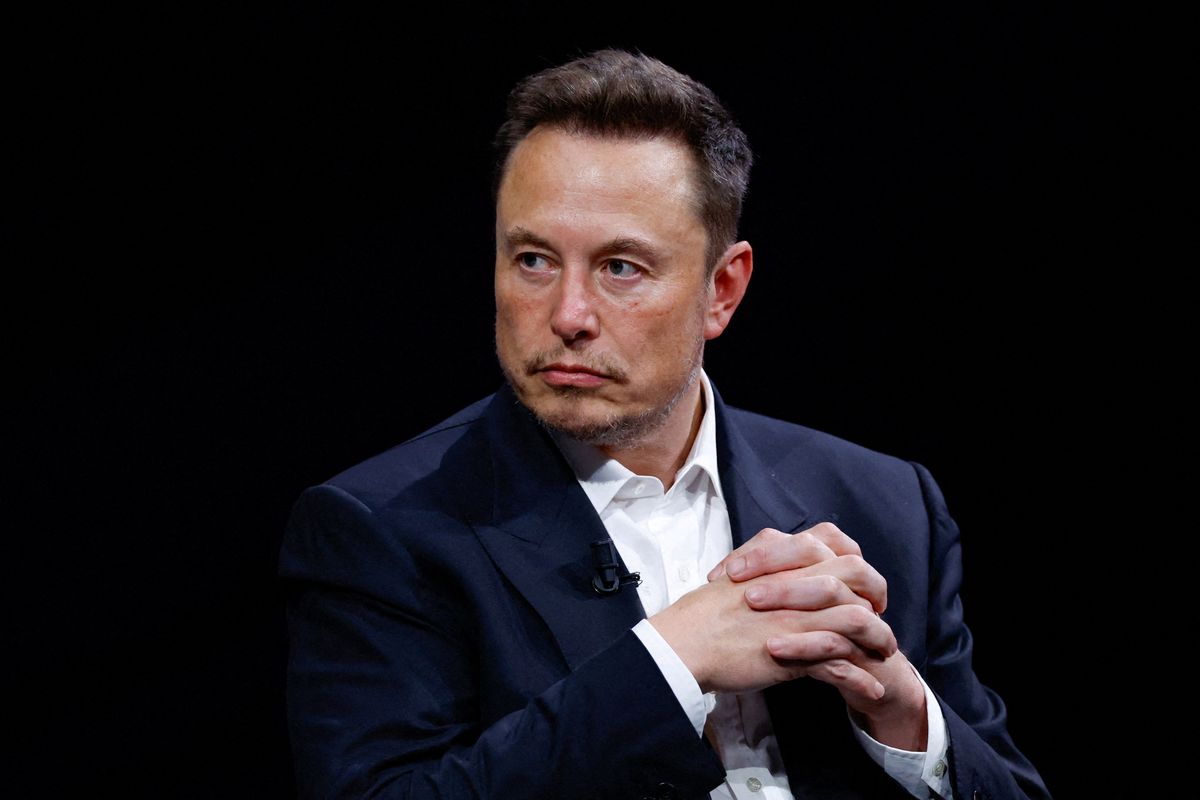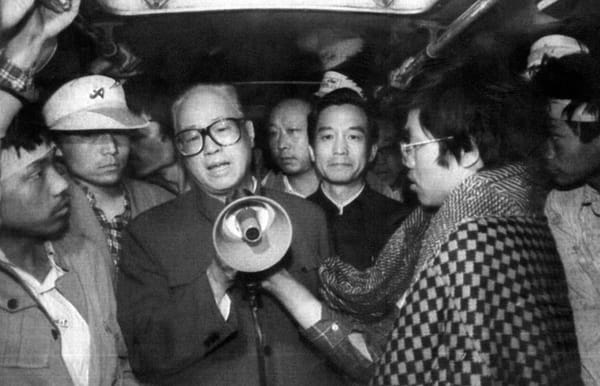Elon Musk, Twitter, and Welfare for Corporate Managers: How Modern Corporate Law Makes You Poorer
Elon Musk's ongoing saga with Twitter is just one more illustration of how government regulations have a very real impact on our everyday lives.

Elon Musk's ongoing saga with Twitter is just one more illustration of how government regulations have a very real impact on our everyday lives. There is a great deal of discussions on poison pills (which I will cover in a later article) but I'd like to first focus on why he even had to disclose his ownership stake and make a tender offer to buy Twitter in the first place.
In a free market, absent any special rules in the corporate charter, Twitter shareholders would be allowed to buy and sell their shares to whomever they wanted, at whatever price they wanted. And as often happened prior to the passage of the Williams Act in 1968, American corporate managers would be subject to constant pressure to maximize profits (and thus shareholder well-being). If the CEO and other managers were failing to maximize shareholder value, squandering opportunities, etc., then they could wake up one morning to find that they were fired after a competitor or wealthy individual (like Elon Musk) had bought 51% of the shares.
In a free market, Mr. Musk could have done just that: slowly buying up Twitter shares, which would have in turn increased the value of the stock as more and more trading occurred, and then announcing that the CEO, CFO, and all other managers were to be fired. He then could have bought out the remaining minority shareholders to take the company private, or left it public. This would have been entirely up to Mr. Musk.
But these under-performing managers didn't like that pressure. So they lobbied Congress to pass the Williams Act, which requires shareholders to disclose when they obtain a 10% interest in a publicly-traded corporation. The Ellsworth Toohey's of the world succeeded in entrenching themselves, assuring the public that they knew what was best for shareholders interests, that shareholders were too stupid to know when they were being duped. No matter that Elon Musk offered you a 40% premium for your stock compared to the going market value; the management assured shareholders they could do better.
In reality, this disregards completely any concept of property rights. Never mind what you want, we know what's best for you. Many of these managers are incompetent, which is why activist investors were willing to pay well over market price, certain that they could deliver greater returns for shareholders with the corporation's assets. But never mind that. We, the government, believe that they are truly looking out for your best interests. You, the shareholders, are too stupid to recognize that selling your shares for well above market price isn't actually in your long-term interests. No no, we need to save you from yourselves.
This unholy alliance between pathetic cronies and their statist enablers in Washington needs to end. This is the case that may finally get the public to wake up and see how much these tyrannical controls on business harm people's everyday lives.




